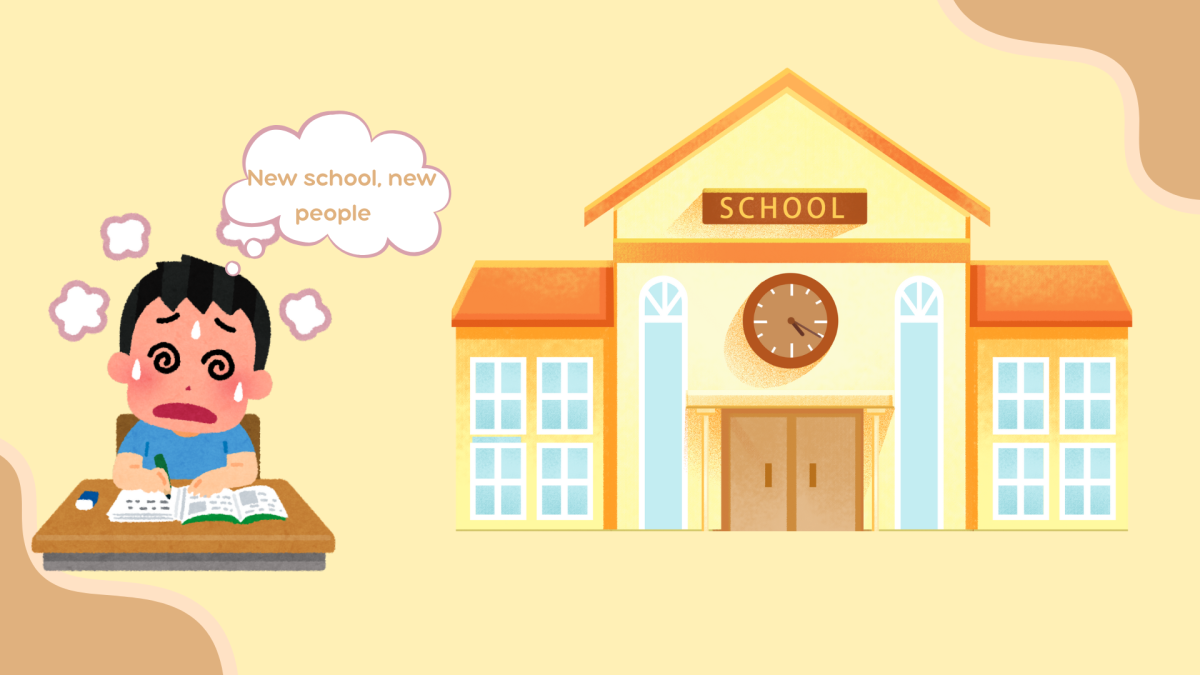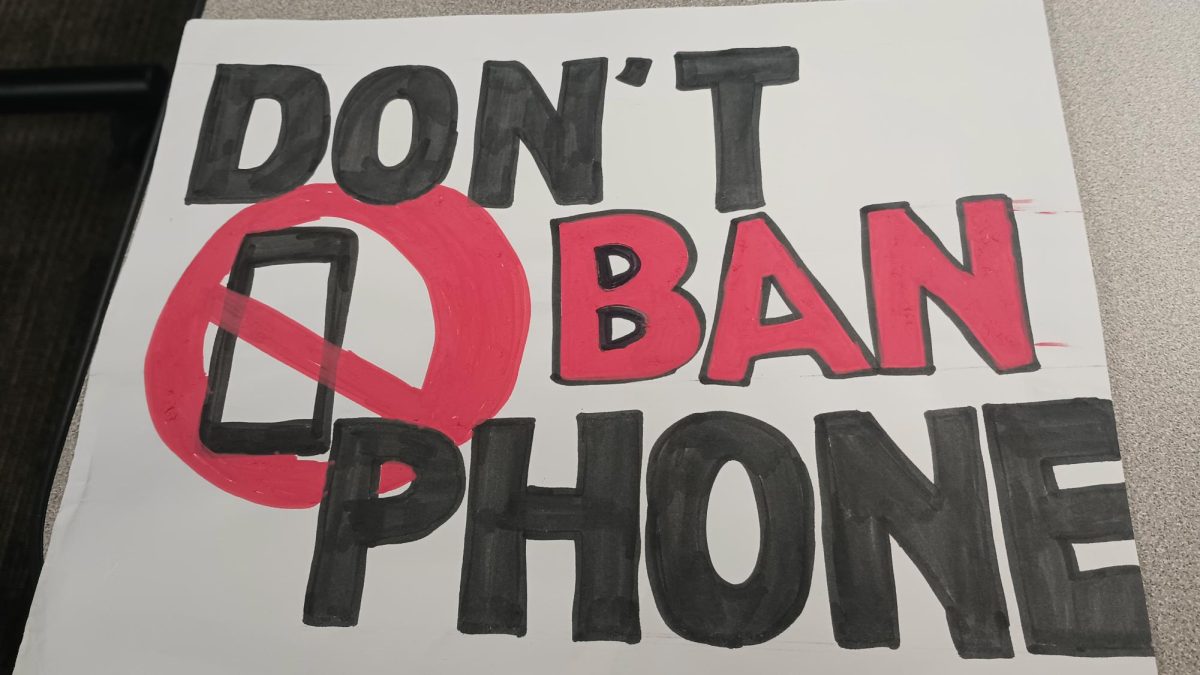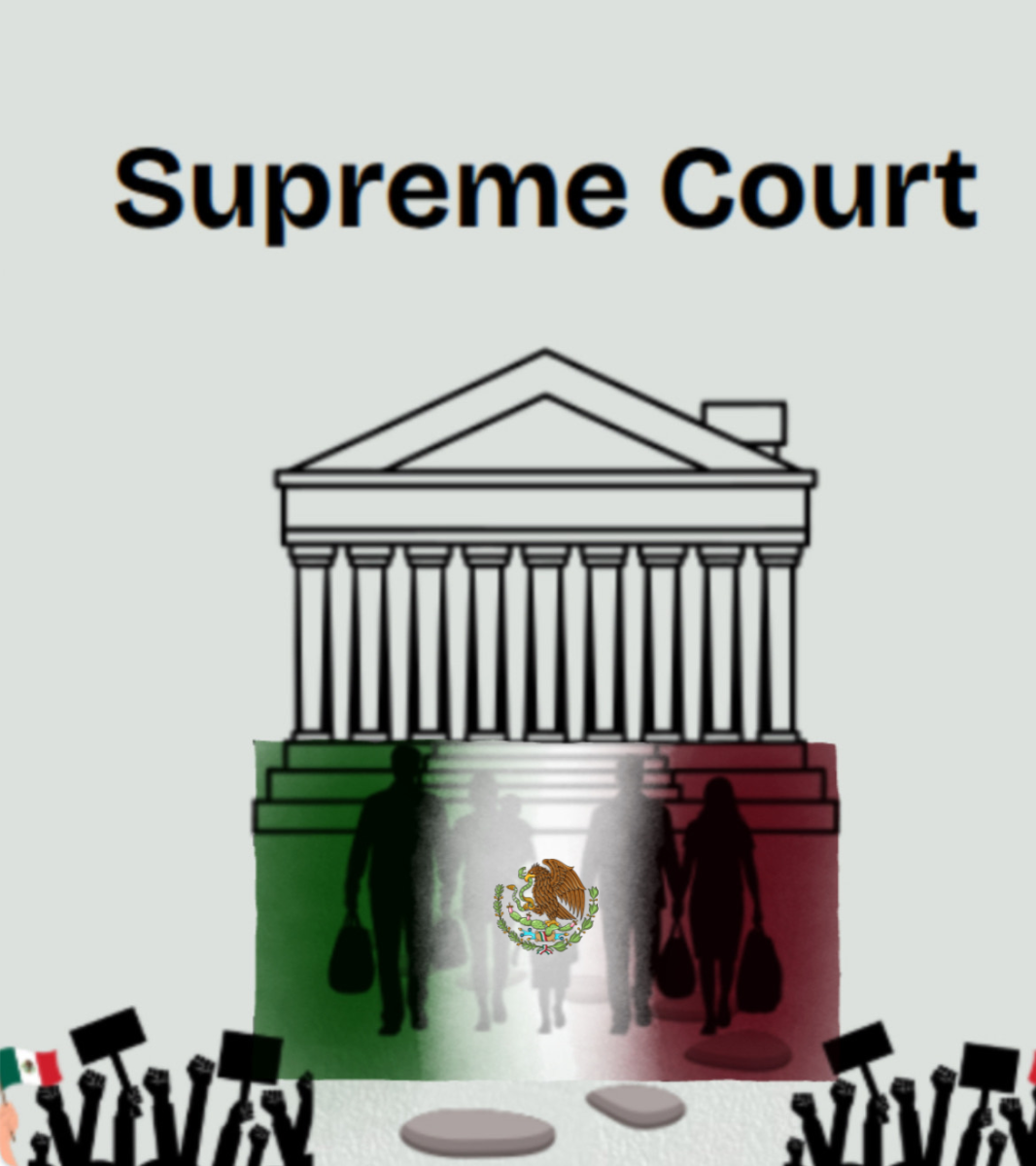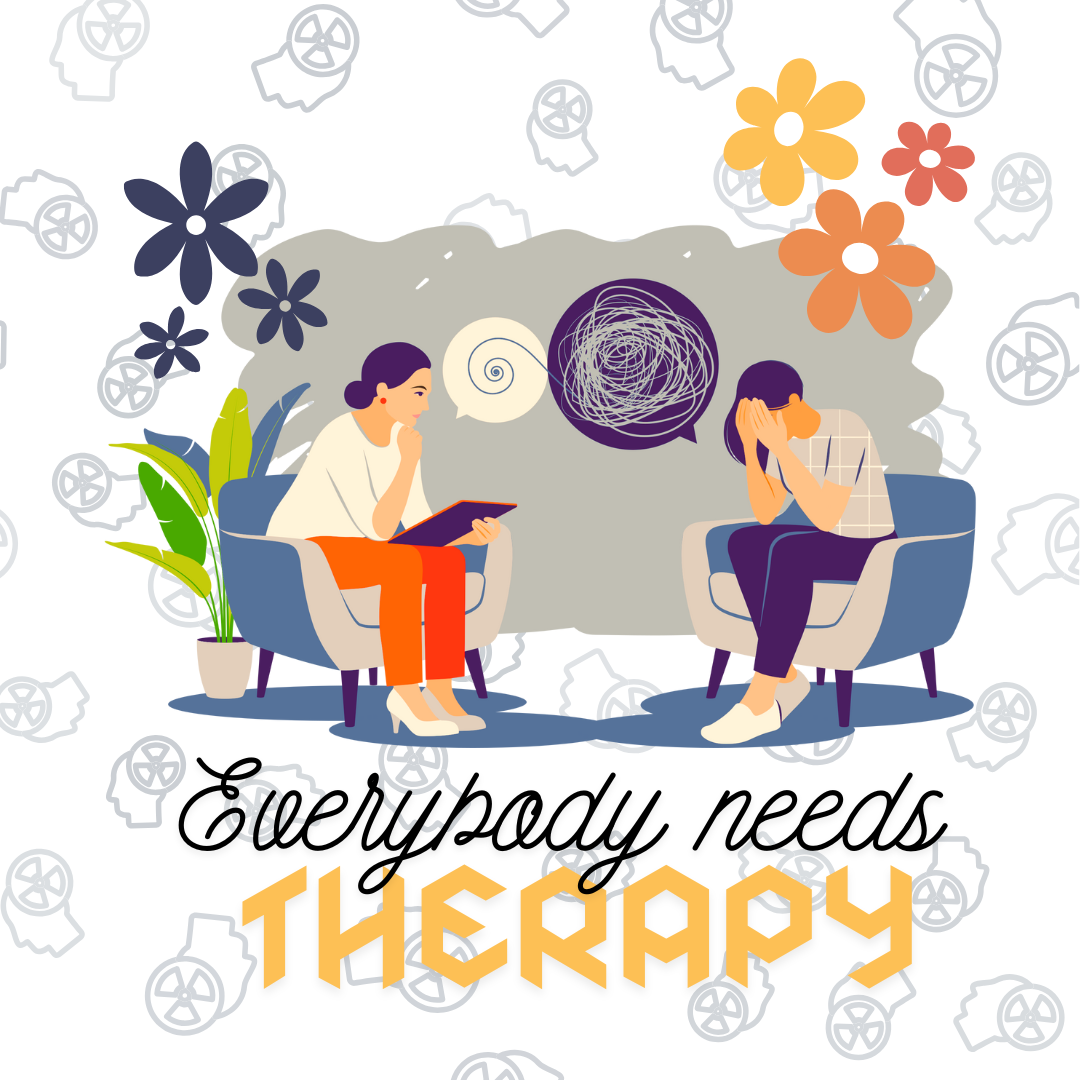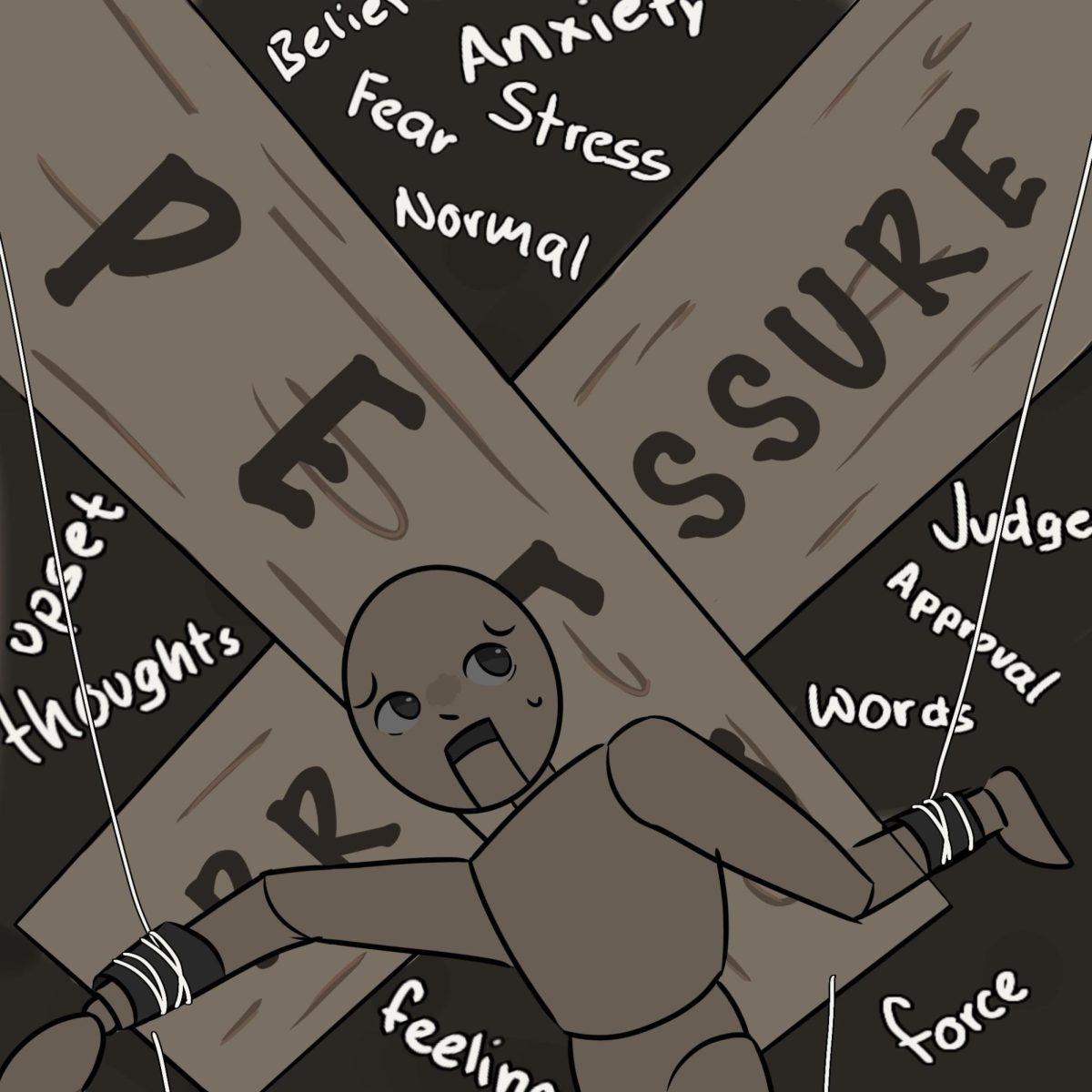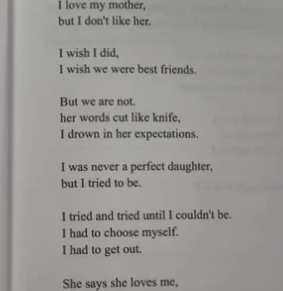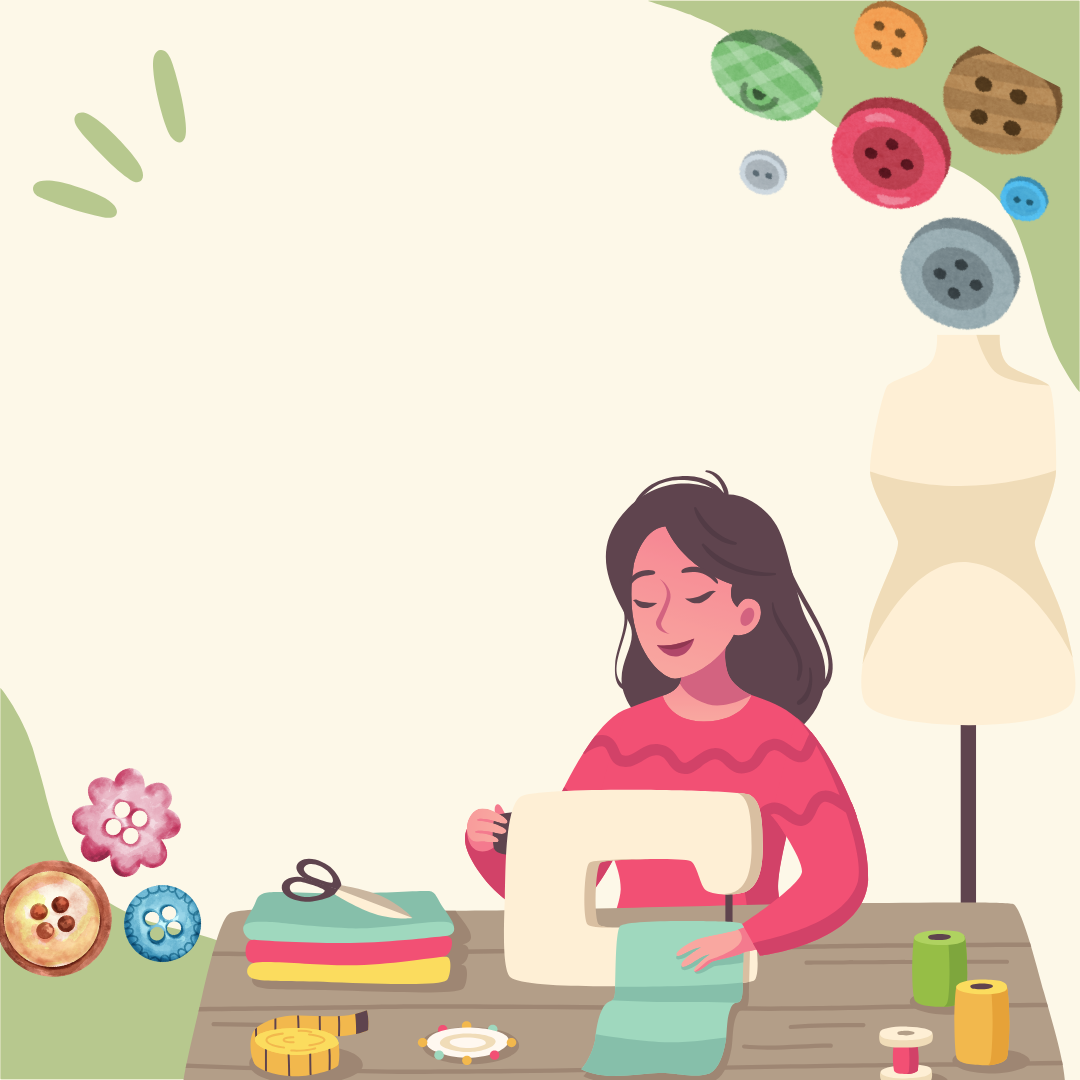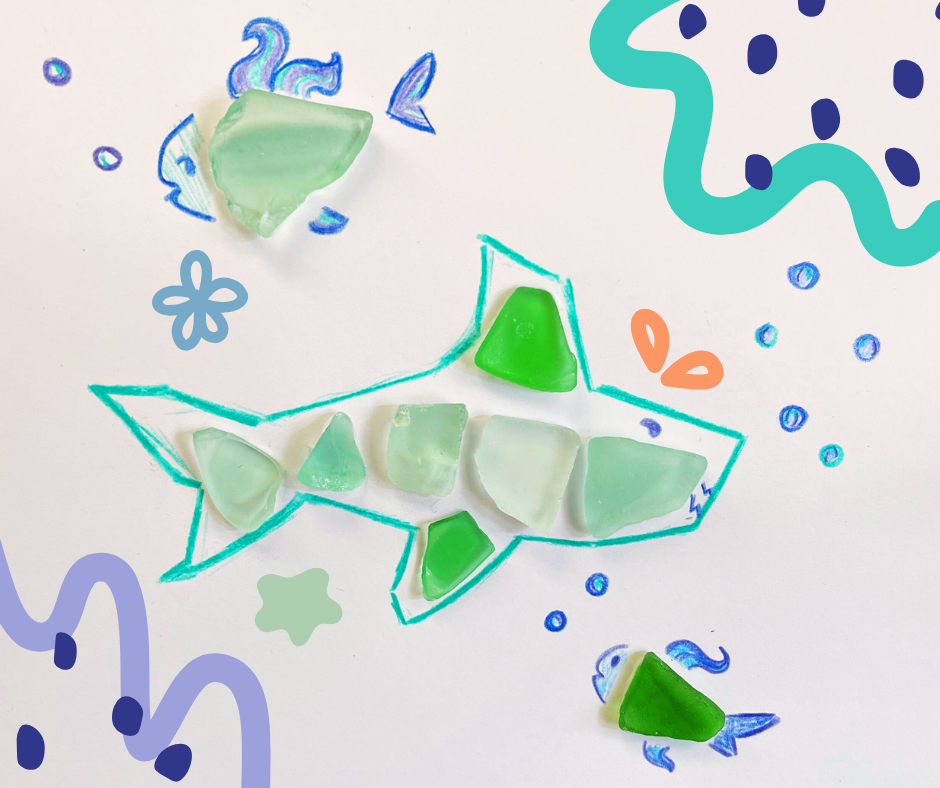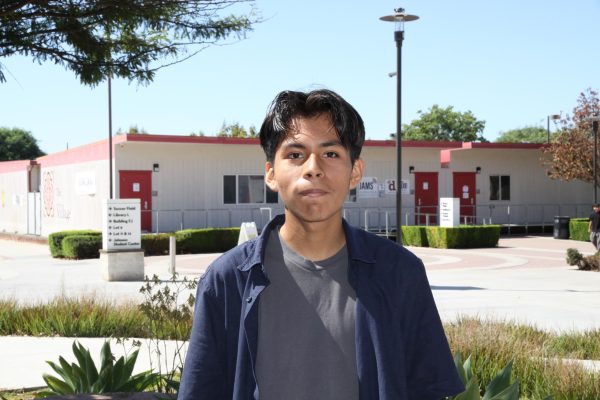Have you ever avoided doing an activity because you were afraid of what others would think? Or have you ever been pushed by your peers to participate in an activity you did not want to do? If so, you were under the influence of peer pressure.
Society’s expectations play a crucial role, influencing the way we act, dress, speak, and so much more. Because of the pressure to fit in with society, peer pressure is a teenager’s worst enemy especially when searching for approval from other teens. Often, people believe they are judged or criticized when they feel like they don’t meet certain standards, leading to worry, stress, and anxiety. Students tend to do the utmost when experiencing these negative feelings, from suppressing their feelings and interests to intentionally skipping class.
Like many teens, I experienced peer pressure throughout my high school career. I often felt judged by the way I spoke. I observed how my peers would look at each other with either disgust or confusion after asking questions or comments. I was criticized for the way I spoke. Feeling judged, I became quiet and avoided conversations because I believed that it would make me sound unintelligent. It left lasting effects, in which I struggled to achieve confidence in speaking throughout high school. That is when I realized I was under the influence of peer pressure.
Peer pressure influences our behavior and choices. It can be beneficial when encouraging a friend to join a club, volunteering event or completing an assignment, and often leads to a positive outcome. However, not everyone experiences the same kind of positive pressure.
Senior Julissa Ramos originally lived in California, temporarily moved to a different state and attempted to adapt to her new school and environment. Although Ramos was new to her school, she was pressured into attending prom.
“I ended up going to prom in my junior year, since everyone kept on talking about how it’s gonna be so fun, and my mom peer pressured me a lot. And she would be like ‘if you are going back to California, it’s going to be my only chance to do prom with you.’ and so I felt really pressured to go to prom, even though I didn’t want to do it,” Ramos said.
Peer pressure comes in two forms known as direct and indirect. Direct usually involves verbal communication from a peer, it is a way to force an individual to engage in an activity. Indirectness does not involve communication, but one’s thoughts.
Ramos encountered both direct and indirect pressure when being influenced into going to prom. The words of her mother encouraged Ramos to attend, in fear of upsetting her. Ramos also fell under the influence of her peers since she heard the event was going to be fun, however things took a turn for Ramos.
“I ended up having a really bad time actually, because my friends weren’t actually talking to me, and I was really sad the entire time,” Ramos said.
Direct and indirect pressure influences our behavior and choices, it’s a way to manipulate a person’s decision. When feeling pressured, feelings such as anxiety, embarrassment, and sadness come into play.
“It affected me mentally, I was really sad during that period of my life and I felt embarrassed to go to school. I missed a lot of days in second-semester junior year and I faked being sick a lot so that the nurse would send me home. It was definitely rough because I felt a lot of anxiety going to school which isn’t really something that I am used to,” Ramos said.
Trying to make new friends in a new environment you are not used to puts a person into a lot of pressure. All this pressure can cause a person to feel anxious and embarrassed because they don’t fit in.
As a result of feeling pressured, Ramos purposely missed school due to feeling embarrassed. Her anxiety and embarrassment led her to fake her sickness to avoid the recurring feeling of pressure.
Senior Karol Avila, the president of a club known as Girls in the Stars, began the club for students interested in physical and mental health. Avila came across a major obstacle, the feeling of being judged.
“When I formed my club, I wasn’t embarrassed to form it, but I was really embarrassed when people found out about it because I was really scared that people would make fun of me for my interest, which is what my club reflected,” Avila said.
Avila expressed her interest in physical and mental health in club rush, however, her fear that no one would be interested brought her to believe that her peers would criticize and make fun of her ideas.
“I felt like everywhere I went people were judging me, criticizing me, and making fun of me.
But no one ever said something directly to me. It was kind of like all in my head. I was also really embarrassed because I felt like I hadn’t done a good job. So it was embarrassing for both my hobbies and feeling like I failed at making the club,” Avila said.
Avila believed she was being judged, and although no one said anything, it was a belief she had. Most teenagers experience the same situation, where they automatically feel judged, and although it might be true it is best to avoid this mindset to prevent it from affecting you.
“I think sometimes when I’m in class, it sounds kind of surreal to people, but there are moments where I’m in class and like all I think about is what people think of me. Like I can’t sit in class and feel comfortable with the way I’m sitting or the way I’m resting my legs or my arms. And I can’t pay attention to some lectures because I’m just thinking about how others perceive me,” Avila said.
Students are affected academically, mentally, and emotionally. They have a hard time focusing in school because the focus is mainly on what other people think.
Because of peer pressure and the fear of being judged, students avoid expressing their passions and interests. Avila is a confident student that had the courage to showcase her thoughts, Ramos is a brave student that attended prom regardless if she had fun or not. These are the kinds of people that took the first steps to being a strong person.
Both Avila and Ramos shared uplifting messages in hopes that students who are going through the same feeling or situation gain some insight from what they learned and experienced.
“It couldn’t have been any worse than what I imagined in my head. So in the end, you’re your own worst critic,” Avila said.
“Do what you want to do, do what makes you happiest, and in the long run it doesn’t really matter what other people say about you, we’re all gonna die someday. Today could be your last day on earth, so be proud of who you are” Ramos said.
No student should feel the need to change an aspect about themselves just because it’s not “normal.” Avoid thinking what other people think because at the end of the day you are only letting yourself down.

